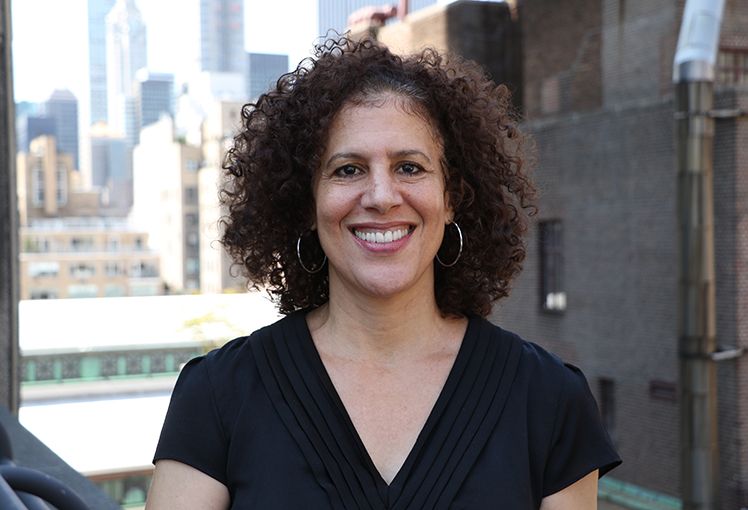Tamara R. Buckley

Associate Professor of Counseling and Psychology
Dr. Buckley is an Associate Professor at Hunter College in the Counseling Program and at The Graduate Center in Critical Social-Personality Psychology. She earned both a Ph.D. in Counseling Psychology and a M.S. in Organizational Psychology at Columbia University, Teachers College. She earned a B.S. in Business Administration from the University of California at Berkeley and worked in investment banking and management consulting prior to entering psychology. She is a New York State Licensed Psychologist.
Dr. Buckley teaches both clinical and didactic courses in the graduate counseling program. As a professor, she focuses on helping students to integrate theoretical and self- knowledge with multicultural factors. At the Graduate Center she teaches a course on racial and cultural factor in group dynamics. Dr. Buckley has taught the following courses: theories of counseling, foundations of school counseling, clinical supervision, counseling skills, multicultural aspects of counseling, and group relations: a racial-cultural focus.
In the broadest sense Dr. Buckley’s research focuses on race and social justice. She seeks to build knowledge about how social identity and oppressive structures interact to produce disparities in health, education and workplace. Her more recent work explores approaches to facilitate dialogue across dimensions of difference such as race that are often rendered invisible by colorblind ideologies.
Dr. Buckley has received numerous awards for her research including a Visiting Scholars Fellowship at the Russell Sage Foundation, Carolyn Payton Early Career Psychology Award, APA, Division 35, Psychology of Black Women, and NIMH-fellowship at Hunter College Center for Community Urban Health in HIV Research for the Community.
Some recent work includes:
- A recent (2014) co-authored book with Erica Gabrielle Foldy, “The Color Bind: Talking (and Not) Talking About Race at Work” published by the Russell Sage Foundation Press that argues for the importance of “color cognizance,” which stands in opposition to color blindness, the dominant approach in the US since the 1960’s. The book suggests a model for how to transcend the color bind — a belief that a racial dynamic is occurring but uncertainty about how, or if, it should be addressed — by creating work groups that can discuss racial and cultural issues to advance the work and enhance relationships.
- In a forthcoming second volume we extend our empirically-derived model into different contexts: teaching, research, and organizations. In an effort to reclaim the centrality of racial dynamics even in contexts that seem to be racially neutral, we argue that racial and cultural dynamics are omnipresent in individual’s communities, organizations, and society at large. To refine the model we dig more deeply into existing work on cultural humility and cultural competence across disciplines, and present examples from actual cases of largely generative racial and cultural contact in these contexts.
- Current work funded by the NIMH explores how race and gender socialization influence HIV prevention behaviors such as dating and sexual-risk taking behaviors in a diverse group of college women.
- Building on earlier work on racial and gender identity and psychological functioning in black adolescent girls and biracial women, my forthcoming manuscript at The Journal of Sex Roles looks at the role of race and gender role identity on black adolescent male’s global and academic self-concept.

